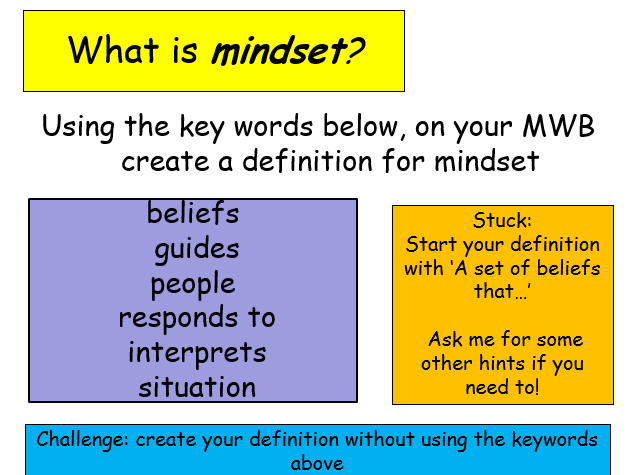Welcome to my shop!
A teacher in a schoo, based in the north, with personalised and engaging resources focusing across the school curriculum! All sales will go towards directly benefiting and improving opportunities for our students. Need more support with a resource? Just let me know and I can make the tweaks or help you implement ideas within your own school!




















